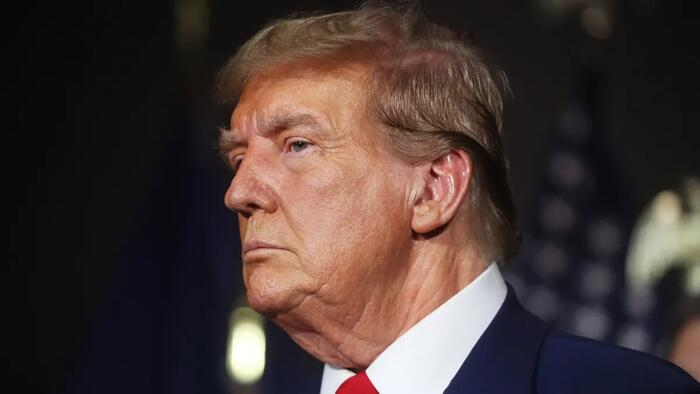In the past weeks, political upheaval surrounding Donald Trump’s potential return to power has had significant ramifications beyond U.S. borders, with notable consequences for Canada and Europe. One of the most striking impacts has been the resignation of Canadian Finance Minister Chrystia Freeland, who cited disagreements with Prime Minister Justin Trudeau’s cabinet over strategies to combat a potential trade war with the United States. Freeland’s departure, which occurred just hours before she was scheduled to deliver a key statement in Parliament, was accompanied by her criticisms of government plans to implement temporary tax cuts and distribute financial aid to support consumer spending. Her perspective views such measures as fiscally irresponsible, and the immediate market response reflected concern, leading to a depreciation of the Canadian dollar and a slight increase in bond yields.
Meanwhile, developments in the UK revealed a mixture of wage growth and economic stagnation, complicating the Bank of England’s monetary policy decisions. With regular wages rising 5.2% annually in October, surpassing forecasts, the labor market’s health appeared to be in question due to an overall slowing economic growth rate. Job vacancies have dropped significantly and payroll numbers have stagnated; the Office for National Statistics pointed out that current employment data may be rather unreliable. In light of these developments, it is anticipated that the Bank of England will maintain current interest rates during its upcoming meeting, with expectations for gradual ease in monetary policy through 2025 despite mounting wage inflation pressures.
In Germany, Chancellor Olaf Scholz faced a confidence vote that resulted in his political defeat, paving the way for snap elections. The key points of contention included Germany’s economic state and security threats both from the East and the West. Scholz’s call for increased public investment seemingly fell flat, with significant critique from opposition leaders suggesting a disconnect between rhetoric and governance. The ongoing debate regarding the role of fiscal policy in promoting sustainable economic growth remains unresolved and continues to create uncertainty for both lawmakers and economic stakeholders in Europe.
The economic sentiment in Europe remains bleak, with indicators signaling a troubling landscape for businesses. Manufacturing PMI data from Germany and France indicated significant contractions in activity, while broader Eurozone indices confirmed a pattern associated with recessionary behaviors. A decline in new orders across the Eurozone points to a lack of competitiveness in European manufacturing on the global stage. Although recent data suggests some European firms may be rationalizing their workforce sizes post-pandemic, the job losses reported within the Eurozone’s manufacturing sector are at their highest point in four years. However, analysts argue that the absolute volume of job losses remains manageable.
Contrastingly, U.S. manufacturing data presents a similarly troubling picture, as evidenced by PMI readings that have dipped below the threshold signifying growth. With an index figure of 48.4, the U.S. finds itself in a precarious economic position that mirrors its European counterparts. The manufacturing sector, while showing signs of contraction, reflects some shared structural and cyclical challenges across the Atlantic. This confluence suggests a broader downturn in manufacturing activity, which raises questions about the underlying health of both economies.
Despite sluggish economic indicators, service sector PMI data offered a more optimistic view, suggesting seasonal patterns might be falsely distorting perceptions of economic activity. However, inflation pressures persist within services and continue to challenge the European Central Bank (ECB) as the rates of price increases inch closer to problematic levels linked to labor cost inflation. ECB President Christine Lagarde’s recent acknowledgement of persistent inflation pressures highlights the delicate balance required in monetary policy, as inflation remains stubbornly high within sectors of the economy. As 2023 unfolds, the ECB faces the difficult task of navigating these persistent inflationary pressures while trying to invigorate a slowing economic environment.

